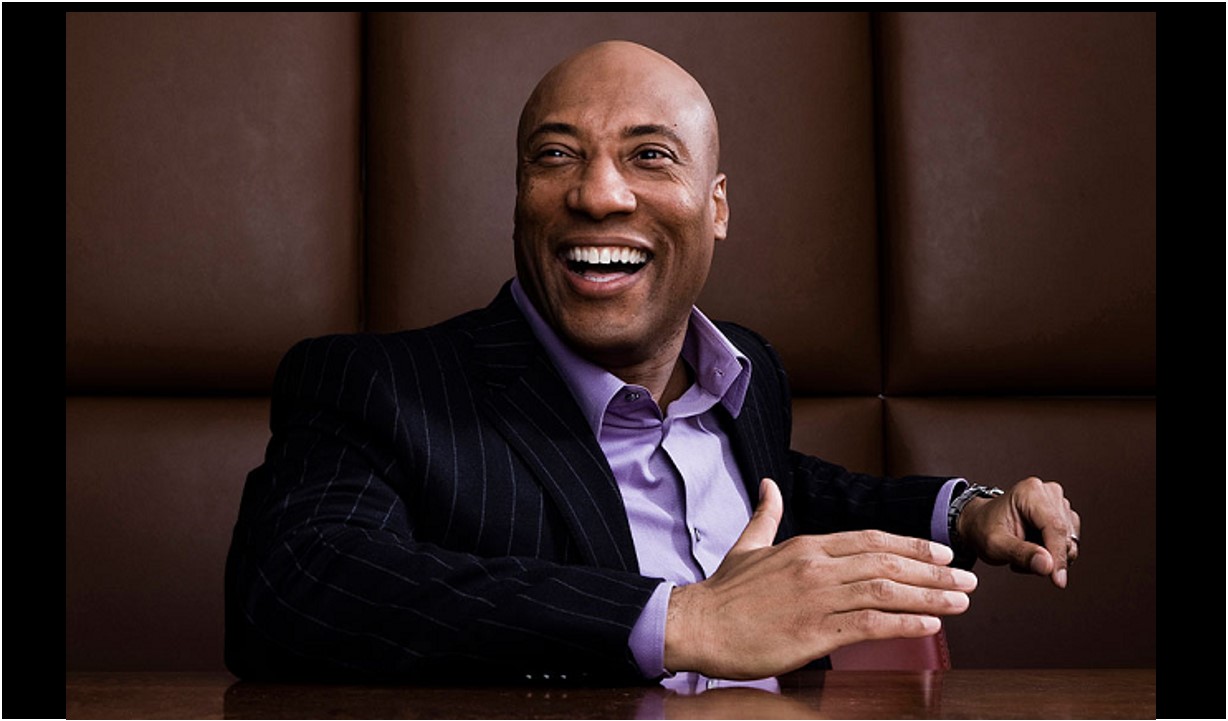Now, several months after the U.S. Supreme Court dealt him a blow, he’s withdrawing his suit against Comcast. According to a joint press release today, Entertainment Studios and Comcast have entered into a content carriage arrangement that includes distribution of several of his channels on Comcast’s Xfinity X1 platform plus amended terms for The Weather Channel and 14 broadcast television stations.
“We’re excited to begin a new phase of partnership with Comcast and Xfinity, including the distribution of our cable channels for the first time on Xfinity platforms,” said Allen.
“We look forward to an ongoing partnership,” said Bec Heap, senior vice president of video and entertainment at Comcast Cable.
On March 23, the justices unanimously held that race had to be more than a motivating factor for Comcast; to proceed against the cable giant, Allen had to plausibly show racism to be the “but-for cause” affecting his ability to secure a contract. Simply put, a successful claim under the Civil Rights Act of 1866 meant there can be no other reasonable explanation for Comcast’s decision not to license but for racism.
That’s a high bar to pursue remedy under the nation’s oldest civil rights statute, which was enacted following the formal abolition of slavery. The statute was intended to achieve “practical freedom” for ex-slaves, including by prohibiting discrimination when making and enforcing contracts. Back then, Southern states attempted “Black Codes” to compel them to work through low-wage contracts and debt. The ambition of the nation’s oldest civil rights statute was a broad stroke striving at equality.
In his original $20 billion suit against Comcast, Allen tested the statute, but his case was thrown out several times as implausible. (He initially also tried to sue Al Sharpton and the NAACP for allegedly making moves to “whitewash” Comcast’s business practices.)
The battle with Comcast is now settled; the war with others in the TV industry continues.
Although Comcast became the headline winner of the landmark Supreme Court decision, no one should miss how the result also favored Charter Communications, Comcast’s rival in the cable space as well as another legal target of Allen’s. One could even make a convincing argument that Charter was the true beneficiary. That’s because, unlike Comcast, Charter couldn’t dodge this case at the trial level. In October 2016, a federal judge ruled that Allen had shown enough to move forward against Charter, from “arguably racist statements” by top executives to “continued stonewalling and provision of excuses that do not match up with [Charter’s] practices with non-African American-owned media companies.” In November 2018, the Ninth Circuit Court of Appeals affirmed that ruling while also giving Allen another chance to go after Comcast too.
Both companies then petitioned the Supreme Court. The high court chose Comcast’s invitation to review pleading standards for discrimination suits over Charter’s overture to look at the First Amendment implications. Nevertheless, when Comcast succeeded in getting the justices to tighten standards, the Supreme Court’s opinion basically canceled out that old 2016 decision in the Charter case.
On June 4, Allen made a new move in the Charter case. He’s attempting to once again move to the trial track. An amended complaint recognizes the newly specified requirements under the nation’s oldest civil rights law and attempts to fit the case within this frame. As stated in Allen’s court papers, “Racial discrimination is the but-for cause of Charter’s refusal to contract with Entertainment Studios because, as alleged herein, Entertainment Studios’ channels are good enough for carriage and would have been carried by Charter if Entertainment Studios were white-owned.”
Source: The Hollywood Reporter


